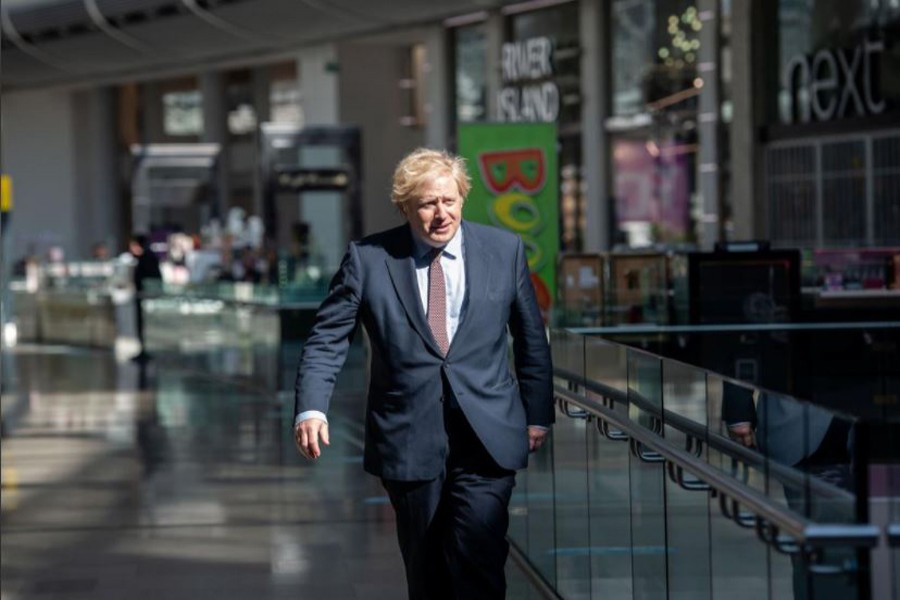British Prime Minister Boris Johnson came under pressure on Monday to deliver action on racism after he launched a commission on the issue following Black Lives Matter protests, reports Reuters.
Johnson said a cross-government commission would examine racism and the disparities experienced by minority ethnic groups in education, health and the criminal justice system.
But he gave few details about the commission, leading to criticism that he was prevaricating rather than delivering concrete steps.
“It’s the sort of morning that makes me slightly weary, because it feels like we’re going round in circles,” said David Lammy, an opposition Labour lawmaker whose own report into over-representation of black people in the criminal justice system is one of several whose findings have not yet been implemented.
“You can understand like it feels that yet again, in the UK, we want figures, data, but we don’t want action.”
Johnson said he could not ignore the strength of feeling shown by tens of thousands of people who had demonstrated in British cities following the death of African American George Floyd in Minneapolis last month.
“What I really want to do as prime minister is change the narrative, so we stop the sense of victimisation and discrimination,” he said on Sunday.
“It won’t be easy. We’ll have to look very carefully at the real racism and discrimination that people face.”
HERITAGE
The commission was announced in a broadcast clip and accompanied with an article in the Telegraph, where Johnson also again said it was absurd that a statue of Winston Churchill should be under threat from protesters.
The statue of Churchill was boarded up ahead of a weekend of protest, although in the end police were attacked by far-right demonstrators who had assembled to protect the monument.
The protests have prompted a re-evaluation of the memorialisation of Britain’s colonial and slave-trading past. Earlier this month, protesters in the southwestern port city of Bristol tore down a statue of Edward Colston, who made a fortune in the 17th century from the slave trade.
Johnson said he was “extremely dubious about the growing campaign to edit or photoshop the entire cultural landscape” by tearing down statues.
“Let’s fight racism, but leave our heritage broadly in peace,” he wrote.
Simon Woolley, advisory chair of the UK government’s Race Disparity Unit, said slavery’s legacy needed to be confronted.
“The ‘Great’ in Great Britain was predicated on slavery and colonialism,” he told BBC Radio, adding that some of Johnson’s language about a “sense” of victimhood was “frankly unhelpful”.
Lammy echoed that sentiment.
“Black people aren’t playing victim, as Boris indicates, they are protesting precisely because the time for review is over and the time for action is now,” he said.


